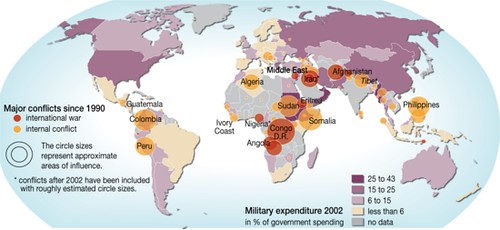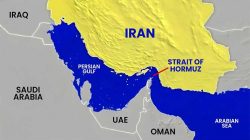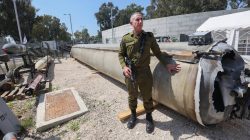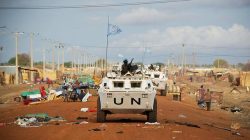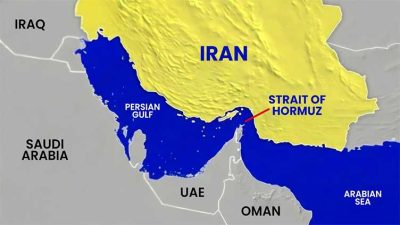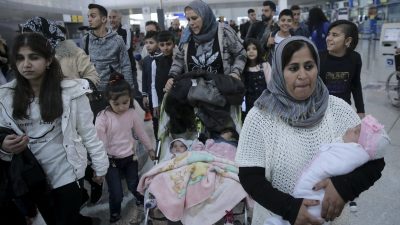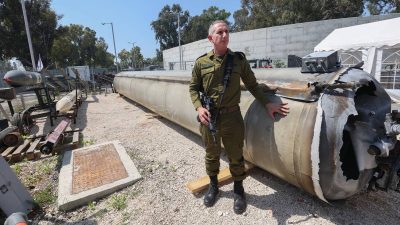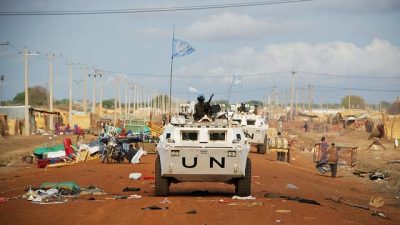There is a peculiar ache that comes from watching a place of abundance turn into a place of absence. Benue, once Nigeria’s richest cradle of agricultural promise, is now a land soaked in sorrow. What used to be a landscape of hope lush with yam ridges, green with cassava stems, dotted with maize silos and rice paddies is now a mosaic of abandoned farms, burnt-out homes, and mass graves. In a country desperate for economic recovery and food security, the collapse of Benue is not just a regional misfortune, it is a national time bomb with a short fuse.
It is no longer news that Benue’s people are under siege. What is shocking is how quickly Nigerians have normalized this bloodshed. Attacks on villages, slaughtered farmers, and displaced families have been reduced to occasional headlines, while those who once fed this country are now themselves in need of food aid. The very hands that used to sow and harvest are now trembling from trauma or laid motionless in the earth. What we are witnessing is the slow death of a state and the slow starvation of a nation.
Benue has long worn the crown as Nigeria’s ‘Food Basket.’ Its output has historically fueled markets from Makurdi to Lagos. When Benue thrives, the ripple effects reach the bellies of millions. But what happens when that basket is kicked over, shattered by armed attacks, and left to rot? Thousands of hectares of farmland are now deserted. Rural markets have vanished. Farming communities are scattered across IDP camps, surviving on rations, stripped of dignity, and cut off from their land. Insecurity has crippled planting seasons and extinguished harvests, replacing seasonal festivals with funerals. This is not just a humanitarian crisis; it is an economic one. The consequences are already visible: food inflation is accelerating, rural poverty is deepening, and urban food insecurity is worsening. And still, the country pretends Benue’s pain is peripheral.
Nigeria cannot feed itself without Benue. And Nigeria cannot be safe when its rural heartlands are burning. To ignore this crisis is to ignore the very foundation of our economy. It is to pretend that famine, rebellion, and state collapse are faraway possibilities. They are not. They are creeping in through the same roads where displaced farmers now walk, fleeing villages that no longer exist. Each unplanted field, each burnt granary, and each grieving mother is a warning siren we cannot afford to keep ignoring. The cost of this silence is staggering. When agricultural production grinds to a halt, inflation is not theoretical it is immediate. Every bag of rice and tuber of yam that doesn’t reach the market tilts more families toward hunger. And as rural livelihoods are destroyed, unemployed and traumatized youths become prime targets for extremist recruitment. The vacuum created by failed security is quickly filled by desperation, vengeance, and violence. What begins in Benue rarely stays in Benue. The Middle Belt is the fragile hinge between Nigeria’s North and South. If it breaks, the country does not bend it shatters.
Yet solutions exist, if only the political will would match the urgency. What Benue needs is not more condolences, it needs protection. Security must be treated as a prerequisite for agriculture. Armed farming corridors must be created and guarded by military units dedicated to civilian protection. If the government can protect oil rigs with full military hardware, it can protect yam fields. Technology must be deployed too. Drones, CCTV cameras, and local intelligence networks must monitor rural flashpoints and deter future ambushes. Community policing, rooted in local trust, should be empowered to respond swiftly and preventively. There is no agricultural development without rural security.
But safety alone is not enough. Justice must follow. Communities that have suffered attacks cannot continue to bury their dead in silence while their killers roam free. District courts must be established and resourced to try crimes quickly and fairly. The message must be clear: in Nigeria, life matters, and murder has consequences. Without justice, no reconciliation is possible. And without reconciliation, the cycle of revenge will never end.
Moreover, we must not just protect farms, we must restore farmers. Resettling displaced communities is not about handing out blankets and food rations. It is about restoring people to their homes, their land, and their dignity. This means providing tools, seeds, access to credit, and above all, the confidence that their future will not be stolen again by a night raid or a corrupt bureaucracy. Trauma healing centers must be established. Children who have watched their parents butchered and homes burned must not be left to stew in silence. A Truth and Reconciliation Commission for Benue can begin the long process of healing. But healing requires honesty. The government must stop hiding behind the euphemism of ‘farmer-herder clashes.’ This is not just conflict over cows. It is about power, identity, and land.
Land remains the molten core of this crisis. The Constitution must rise to the challenge of the 21st century and recognize ancestral and minority land rights. Forced displacement is a crime. Ethnic cleansing through militia violence must be treated as such. Legislation must criminalize the seizure of ancestral land and institute clear restitution mechanisms. Until the rule of law governs land use in Benue, chaos will continue to rule.
Benue is bleeding, and Nigeria is sleepwalking. The government must stop treating this as a fringe issue. Defense budgets must prioritize rural protection not just the deployment of soldiers during elections, but the sustained presence of peacekeeping forces in communities under siege. A special task force, composed of military, police, humanitarian experts, and development planners, must be deployed immediately. And they must report not only to the executive but to an independent monitoring body with teeth.
Ultimately, what Benue needs is what the rest of Nigeria also needs: a government that does not confuse silence with stability. This is not just about farmers; it is about whether Nigeria can still feed itself, govern itself, and defend its citizens. A national peace dialogue is overdue. The Presidency must convene a gathering that includes traditional rulers, community leaders, clerics, security chiefs, and civil society to chart a path to sustainable peace not just in Benue, but across all conflict-ridden zones.
If we fail to act now, we are not just abandoning Benue, we are sabotaging ourselves. A nation that allows its food producers to die in silence is a nation choosing hunger. A country that turns IDP camps into permanent settlements is building a future of dependency, not development. A government that cannot keep farmers on their land is a government that cannot keep food on its tables.
The time for platitudes is over. We must choose: protection or paralysis, justice or genocide, food security or famine. Benue has warned us in blood, tears, and silence. The basket is cracking. The future is slipping through its broken weave. And if we wait any longer, we may find not just an empty basket, but an empty nation.
Omojo Wada, a Kogi-born lawyer, serial entrepreneur and co-founder of CEOS Network Africa, is the founder of Solohan and Co.
Provided by SyndiGate Media Inc. (
Syndigate.info
).

